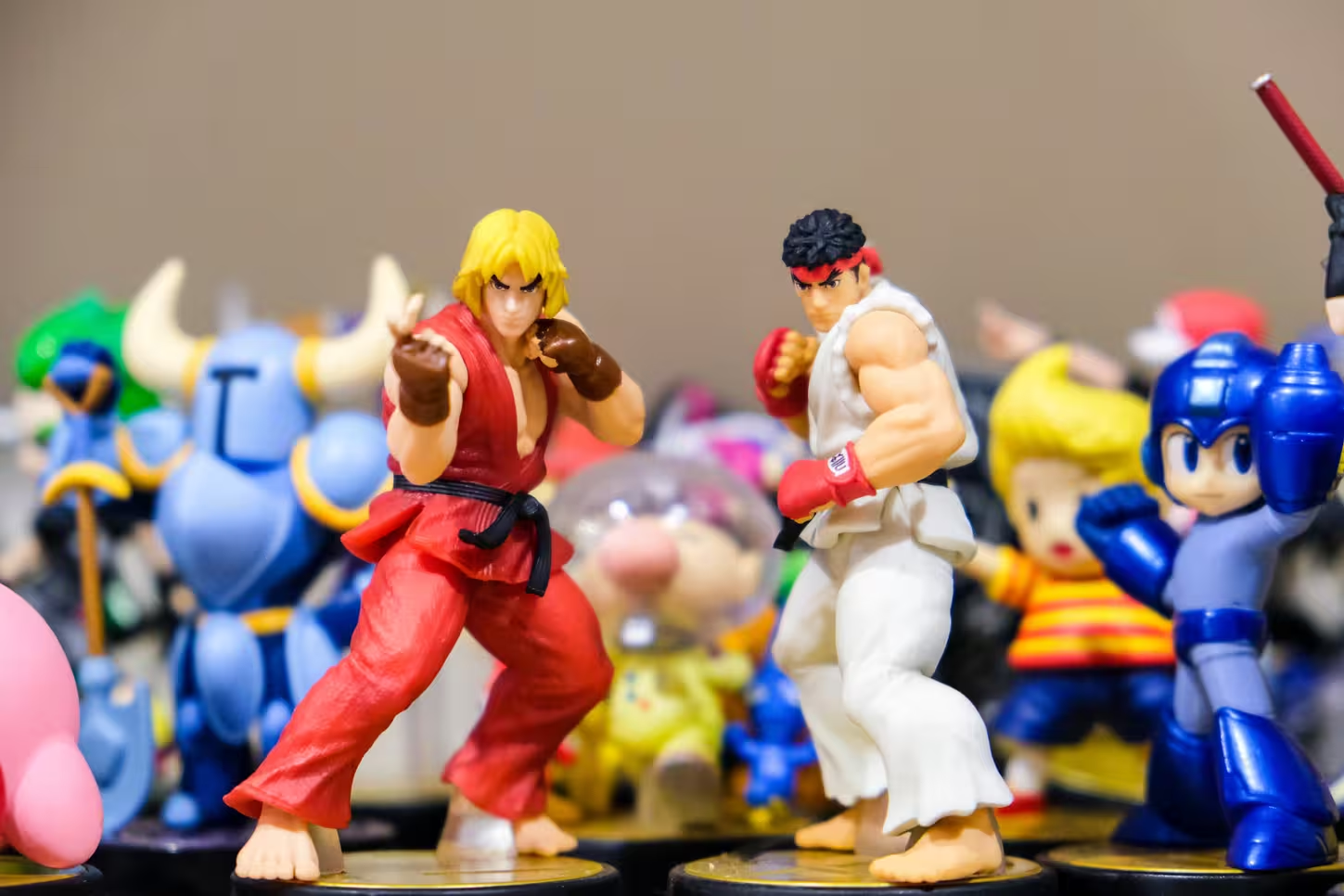When Video Game Franchises Enter the World

When a beloved video game character lands on a casino reel, the reaction can be the stuff of viral headlines. What once felt like two separate worlds has become a steady meeting point. Big name franchises lend familiar faces and sounds to slot machines and table games. In exchange, casinos have built in audiences and an effortless means to differentiate themselves within populated lobbies. It is a commercial and cultural crossover that highlights how entertainment has been moving towards new growth avenues.
Branded slots based on video game franchises are a clear example. Titles inspired by long running series such as Tomb Raider or Street Fighter turn recognizable music, iconic moves and signature artwork into game mechanics and bonus rounds. These products do not simply paste a logo on top of a random slot engine. The best adaptations fold game lore into the experience. A bonus round might mimic a classic boss fight, while a feature round can reward players with themed collectibles that echo in game narratives. That creative alignment makes the slot feel like an extension of the franchise rather than a bland cash grab.
Why these crossovers appeal to both gamers and gamblers
There are several reasons this trend works. First, familiarity lowers the barrier to play. A person who grew up with a franchise is more likely to stop and try a themed slot simply because it taps into nostalgia. That emotional connection helps convert casual visitors into paying players faster than an anonymous title could.
Second, branded games provide layered entertainment.
For gamblers they offer new ways to experience winning sequences and feature sets.
For gamers they offer a novelty pass that mixes collectibles and recognizable scenes with short bursts of excitement.
Social sharing plays a big role here.
Clips of dramatic wins on a branded slot travel easily across platforms and bring attention back to both the casino and the original game.
Third, the crossover creates marketing efficiencies. Franchises already have fan communities, influencer networks and press attention. A licensed casino product can ride that wave. Cross promotion helps both sides. The game developer benefits from additional licensing revenue and renewed brand visibility. The casino benefits from a product that will likely appear in influencer streams and curated lists, boosting discoverability.
A concrete marketing tactic illustrates the point. A studio or operator might offer a low friction entry such as a one dollar trial or a small no deposit bonus to get players into a branded demo. This tactic increases the chances a curious fan will convert to a real player after enjoying a themed bonus round. The same playbook has long been used by entertainment platforms to lower the cost of first use and trigger word of mouth.
What this means for the future of games and casinos
The crossover between video game franchises and casino products is more than a gimmick. It is a strategic response to saturated markets and a way to capture attention in a short form, highly social media driven era. As both industries experiment, expect more hybrid approaches. We may see multiplayer events tied to themed tables, cross platform leaderboards, or limited edition runs that reward players with exclusive branded merchandise.
- Franchised slots tend to have a bit more excitement due to the usually accompanying promotional offers in the shape of a casino bonus.
- A player that enjoys a video game franchise will have the familiarity of an environment and characters, but also the incentive of the promotional offer to enhance that experience.
- Whether it be free spins, extra credits, or in-game features that unlock, the promotional offer can enhance the crossover effect by providing more opportunities for a player to experience and maybe allow them to extend their play for no additional cost.
For brands, the key is to treat the adaptation as an opportunity to extend lore thoughtfully rather than as a simple revenue stream. For operators the key is to manage legal exposure and preserve trust with players by being transparent and responsible. When both sides get that balance right, the result can be an engaging product that works for fans and for the business bottom line.
These crossovers tell us something about modern entertainment. Audiences want familiar stories, interactive moments and shareable thrills. When casino platforms and game publishers respect those needs, their collaborations can feel like a creative remix rather than a corporate takeover.
